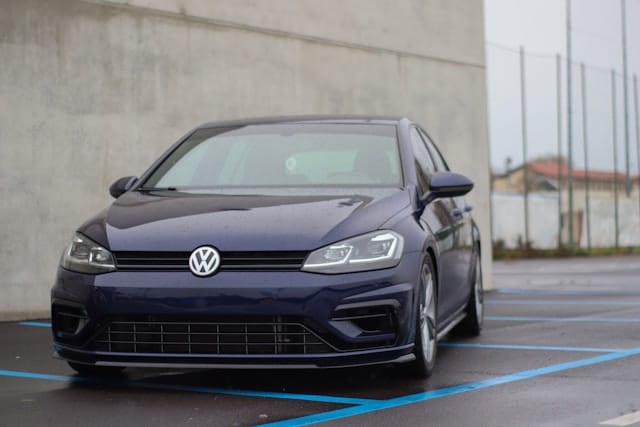The Dos and Don’ts of Car Modification: A Collision Repair Perspective
 Car modifications can significantly alter a vehicle’s appearance, performance, and handling. While customizations may reflect personal style and improve functionality, they can also impact a vehicle’s safety and collision repair process. From a collision repair perspective, it’s essential to understand the dos and don’ts of car modification to ensure that enhancements don’t compromise vehicle integrity or safety. This guide offers insights into making informed decisions about vehicle modifications.
Car modifications can significantly alter a vehicle’s appearance, performance, and handling. While customizations may reflect personal style and improve functionality, they can also impact a vehicle’s safety and collision repair process. From a collision repair perspective, it’s essential to understand the dos and don’ts of car modification to ensure that enhancements don’t compromise vehicle integrity or safety. This guide offers insights into making informed decisions about vehicle modifications.
The Dos of Car Modification
Do Prioritize Safety
Always prioritize safety enhancements when considering modifications. Upgrades like better braking systems, improved suspension, and high-quality tires can enhance your vehicle’s safety and performance. Ensure any modifications comply with safety standards and regulations.
Do Keep Original Parts
Whenever possible, retain your vehicle’s original parts after making modifications. In case of a collision or repair need, having the original components can simplify the repair process and help restore your vehicle to its factory condition if desired.
Do Consult with Professionals
Before undertaking any modifications, consult with automotive professionals, especially those experienced in collision repair. They can provide valuable advice on how certain modifications might affect your vehicle’s repairability and overall safety.
The Don’ts of Car Modification
Don’t Compromise Structural Integrity
Avoid modifications that alter or weaken your vehicle’s structural integrity. Cutting into the frame, removing structural components, or making drastic alterations can compromise the vehicle’s safety in a collision and complicate repairs.
Don’t Install Unauthorized Aftermarket Parts
While aftermarket parts can be appealing for customization, ensure they are authorized and meet quality standards. Unauthorized or low-quality parts may not perform as intended in a collision, posing safety risks and repair challenges.
Don’t Neglect Insurance Implications
Modifications can affect your vehicle’s insurance coverage and premiums. Ensure you inform your insurance provider about any significant changes to maintain coverage and avoid complications in the event of a claim.
Best Practices for Modified Vehicles
Regular Maintenance and Inspections
Modified vehicles may require more frequent maintenance and inspections to ensure all custom components are functioning correctly and safely. Regular checks can identify potential issues before they lead to significant problems or impair the vehicle’s performance.
Documentation of Modifications
Keep detailed records of all modifications made to your vehicle, including parts used, the professionals involved, and the purpose of the modifications. This documentation can be invaluable during repairs, insurance claims, or resale.
Understanding Collision Repair Implications
Recognize that modifications may affect the collision repair process, potentially leading to higher repair costs, longer repair times, and challenges in sourcing specific parts. Being informed about these implications can help manage expectations and prepare for possible outcomes.
Conclusion
Car modifications can transform a vehicle to suit personal preferences and needs. However, it’s crucial to approach modifications with safety, legality, and repairability in mind. By following the dos and don’ts outlined from a collision repair perspective, vehicle owners can ensure their modifications enhance their driving experience without compromising safety or functionality. Making informed choices and consulting with professionals can lead to successful customizations that are both satisfying and sensible.
